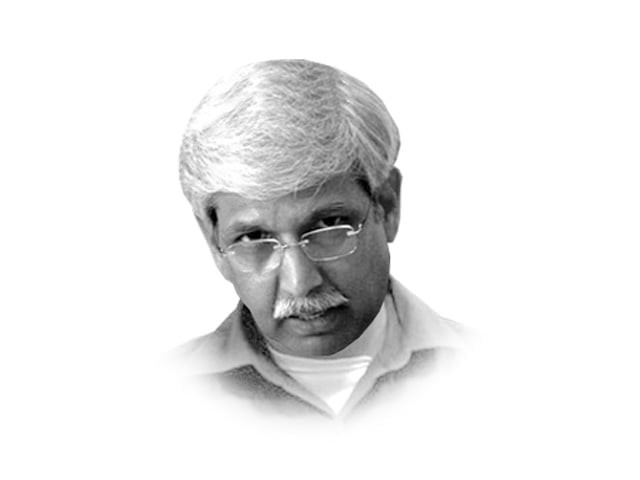Pakistan will not go Tunisia or Egypt’s way
While the political and socio-economic conditions are equally precarious, there are critical disabilities in Pakistan.

The negatives that these two nations have carried were Zine El Abidine, the Tunisian ruler of 23 years, and the omnipresent Hosni Mubarak, who has now ruled Egypt as a single-option kleptocrat for the last 31 years. Pakistan has had its share of kleptocrats, but they were saved from their omnipresence. Egypt boasts of a strong military and though all Egyptian rulers in modern history have emerged from the military it continues to retain the respect of its people. Pakistan, too, has a strong military but with a serious image deficiency; while it may be generally popular at the common level, there are always serious aspersions cast on it by the combined elite of the politicians, intelligentsia, the media and civil society. This keeps the military embroiled in a constant struggle for its public image. Perhaps that is why whenever it needs to intervene in national affairs, similar to what is happening in Egypt now, it does not restrict itself to the role of an arbiter only. It extends itself to a complete takeover to make up for insecurity stemming from partial public support.
Since the leadership of both Tunisia and Egypt is authoritarian, carefully nurtured around imposed personality cults, the leaders tend to retain a central core of loyalists. A single political party in Egypt ensures that there is never any opposition to the perpetual government of the man on top. In Tunisia, for a significant level of prosperity, El Abidine sought exclusive political power and this was accompanied by massive corruption.
In comparison, while Pakistan’s political and socio-economic condition is equally precarious, there are critical disabilities that do not enable coalescing forces that can generate a revolutionary momentum. To begin with, and as a rare positive, Pakistan’s political power is widely distributed, but in a negative twist, amongst the political elites only, who retain a stranglehold on all channels of national power, including politics, businesses, media and most societal organs.
A major gaping hole that stares Pakistani society in its face is the ideological space that lies bare and impoverished for want of any significant intellectual tradition. Pakistanis today are, therefore, not making informed choices, rather they base their choices on reactionary sloganeering. Intellectual discourse, which forms the single source of ideological underpinning, remains absent. The possibility, thus, of a secular nationalist movement as in Tunisia or Egypt is faint.
Published in The Express Tribune, February 2nd, 2011.















COMMENTS
Comments are moderated and generally will be posted if they are on-topic and not abusive.
For more information, please see our Comments FAQ